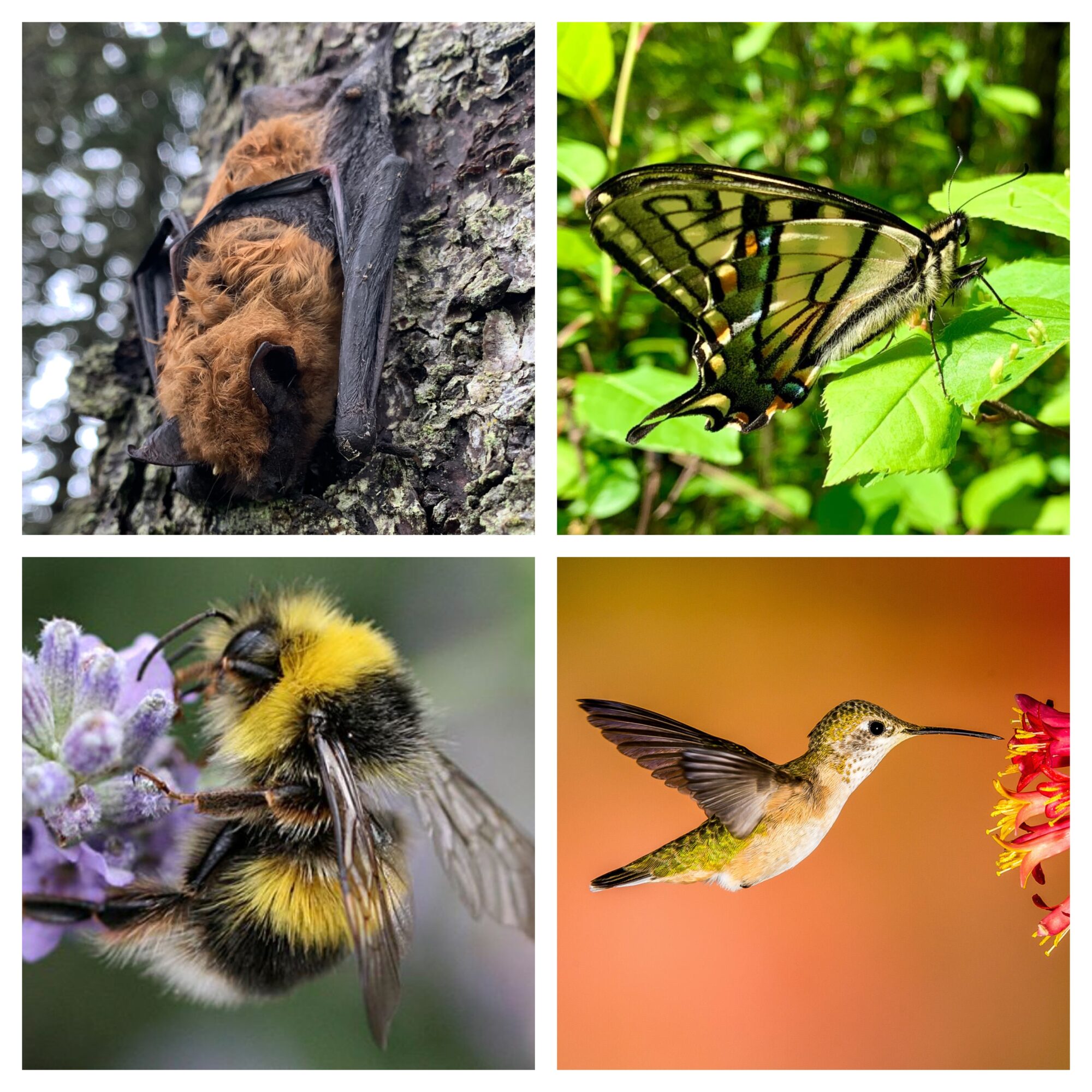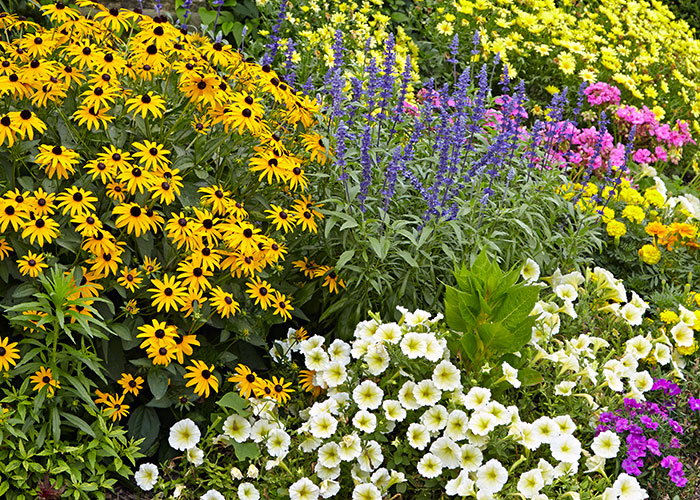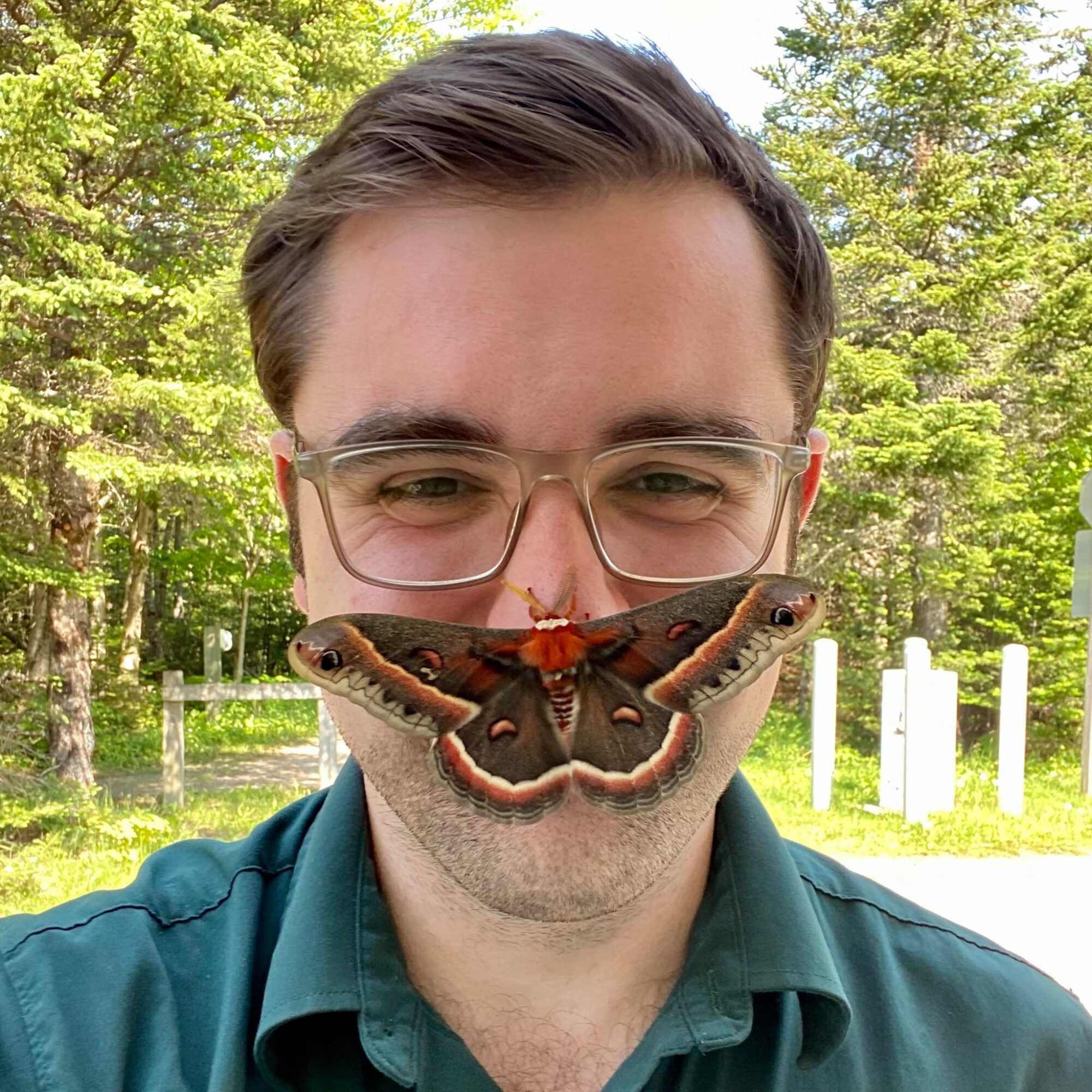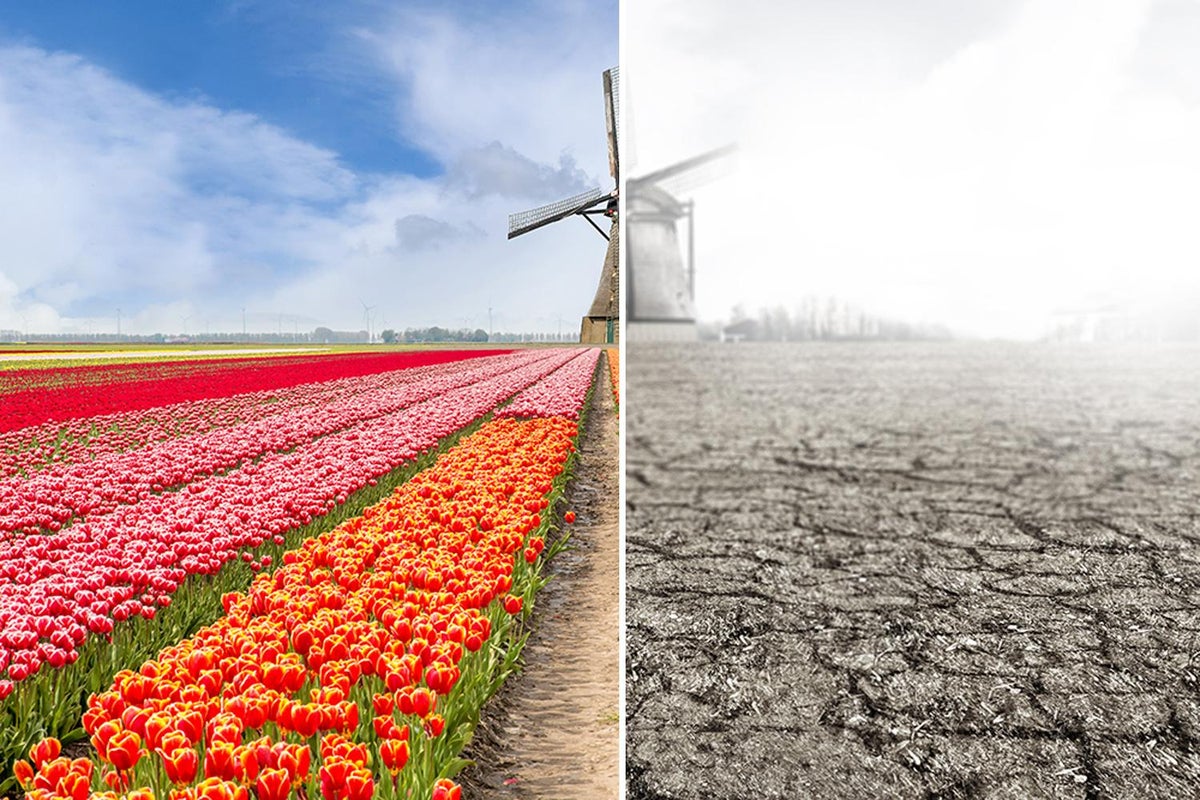You may see a bumblebee and start sprinting in the other direction, but did you know that bees are part of the hardest working group of creatures on the planet? There has been a lot of talk about pollinators as of late, and for good reason. Pollinators are a group of animals that help in the reproduction of plants. Some key pollinators are bees, bats, butterflies, moths, and birds. So, what’s the catch? Why all the fuss about pollinators these days? Picture this:
You are making your weekly grocery run. You finally find a parking spot, grab your reusable bags, and drag yourself into the store. You grab your cart, your basket, or whatever you lug your groceries around in and push through to the produce section. It is empty. Huh, you think to yourself. I guess it was just bad timing. It must have been a crazy busy day. You make your way towards the bakery. The lights are turned off and the shelves are barren. You check your phone to see if there is a holiday that you may have forgotten about. Ah well, you can eat lunch meat without bread, it’s fine! The deli is closed too. All that remains on the shelf is a can of mystery meat, and you’re not that desperate.
Are you catching the drift? A world without pollinators means no plants, no crops, and no farming. Without crops, livestock can’t eat and eventually become impossible to raise. There goes the meat. So, what’s left? Oreos, probably… Just kidding! There are no more cocoa trees, so forget about it. The Oreos are gone. This is serious business.
Long story short: we need pollinators and the unfortunate reality that we are facing right now is that they are dying out at an extremely alarming rate. With our continued conquest to pave paradise and put up a parking lot, our pollinators no longer have sufficient forms of nutrition, and therefore, end up dying out. One of the most famous occurrences of this is the endangerment of many different species of bees. This unfortunate circumstance is also true for the Monarch butterfly, certain hummingbirds, and of course, the pollinators of the night, bats.

So how can we help? People around the world are taking initiative and planting pollinator gardens. These gardens consist of specific flowers that pollinators flock to, such as perennials, milkweed and other shrubs like hibiscus and honeysuckle. Not only will this help the pollinators fight to keep our ecosystems alive, but it will also add a lovely splash of colour to your backyard.
There are loads of pollinator garden layouts online and there are even kits that you can purchase from most flower and landscaping shops to get yourself started on this new adventure.

So next time you are trying to decide what flowers and shrubs to plant, think about those creatures that go up to bat (pollinator pun) for us every single day and let’s help them out a little bit. At best, you may help reverse or halt any major species extinctions, at worst, you made your backyard that much more appealing to the eye! There is still time, but with each passing year, we step closer and closer to losing all of these beautiful creatures. So the time is now! Happy gardening!
Author Bio
Michael Elliott is an avid outdoorsmen, scout leader and naturalist. He holds a degree in English and has a passion for science communication, which led him to create his own nature web series for kids called Nature with Rusty. Michael also contributes to other nature journals and music magazines. Other interests include marketing, mass media and communications and food.











